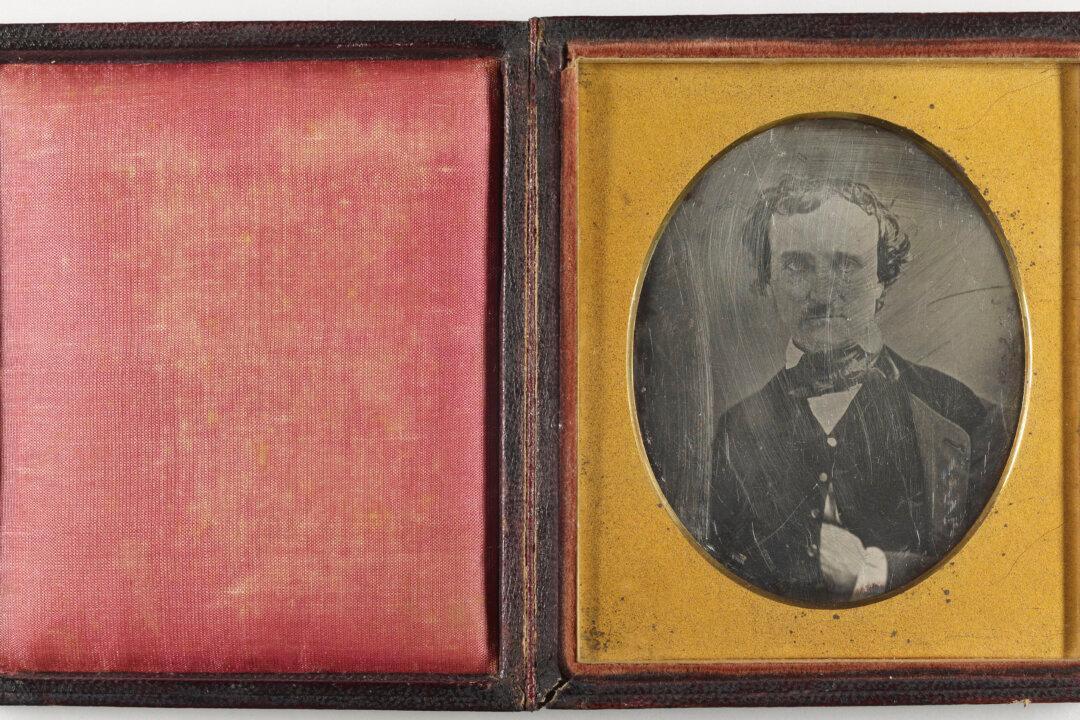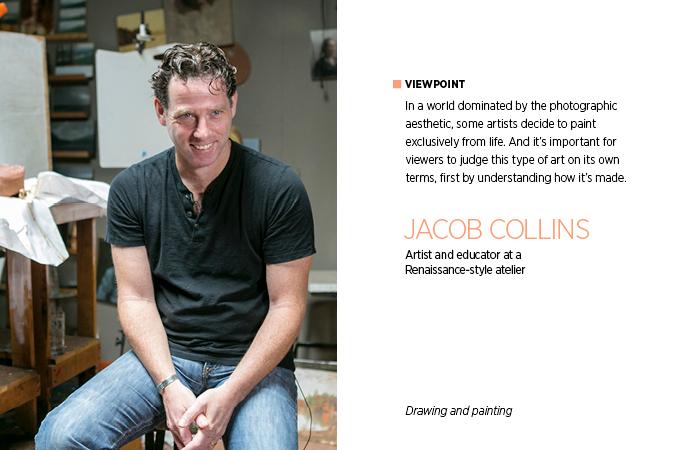NEW YORK—The Morgan Museum calls its new Edgar Allan Poe exhibit “Terror of the Soul,” quoting the author, but the exhibit itself shows Poe as more than only master of the macabre.
“I wanted the viewer to understand Poe as not just a Gothic writer but as a great writer who used the Gothic as a vehicle in his wrestling with ultimate questions—life, death, identity, how we perceive. All of these were questions of great importance to him,” said Isaac Gewirtz, curator of the Berg Collection of English and American Literature at The New York Public Library.
“Even in his terror tales, he occasionally used humor or parody to show the reader that he understands that the Gothic convention is kind of silly,” Gewirtz said. In fact, Poe’s earliest short story, “Metzengerstein,” was meant as a satire of Gothic literature.
Gerwitz organized the exhibit alongside Declan Kiely, the Morgan’s head of the Department of Literary and Historical Manuscripts.
The exhibition opens with a cover illustration for Poe’s most famous work, “The Raven.” The rest of the exhibition—consisting mainly of manuscripts, early printed editions, letters, and literary criticisms—invites the viewer to develop a fuller picture of Poe’s career and how it inspired writers and visual and performing artists.
Poe’s life, like his stories, was short and grim. Born to traveling actors in Boston and then orphaned at a young age, Poe was taken in by the Allan family of Richmond, Va. He did not find a happy home there.
By the time he died mysteriously at the age of 40, he had witnessed the deaths of his parents, his brother, and his wife.
The first notable American author who tried to make writing his day job, Poe worked as a journalist and literary critic for most of his career and nursed an unrealized dream to found his own literary journal.
“He barely made it,” Gewirtz said. “He was barely paid through much of his life and lived with great difficulty.”
Literature and Literary Criticism
The world of literary criticism was then, as it is now, catty.
George Bernard Shaw, probably Poe’s greatest contemporary fan, simultaneously cut and praised when he said that Poe’s poetry “is so exquisitely refined that posterity will refuse to believe that it belongs to the same civilization as...the honest doggerel of [John Greenleaf] Whittier.”
Poe was one of the earliest American short story writers and is credited with inventing the detective fiction genre. Sir Arthur Conan Doyle considered Poe the best short story writer of all time.
“What’s extraordinary about him is that he saw literature as a very high calling and had no patience for the cliquishness and backscratching that went on among critics and writers—praising each other’s books because they knew each other, [and] doing favors for each other as opposed to giving honest opinions and critic judgments,” said Gewirtz.
Perhaps it was due to his refusal to play the game that during his lifetime, he never reached the level of stardom that Whittier, Henry Wadsworth Longfellow, or James Russell Lowell enjoyed.
“Even in a negative review, he will often point out positive things that a writer had,” said Gewirtz. “For the most part I thought he was rather fair. Literature was too important to him to bring too much of the personal into it.”
He was rather fair. Under a pseudonym, Poe wrote a critique of his own work, called “A Reviewer Reviewed.” It has never-before-exhibited before now.
Edgar Allan Poe: Terror of the Soul
Oct. 4–Jan. 26, 2014
The Morgan Library & Museum
225 Madison Ave.
212-685-0008
www.themorgan.org
Check the Morgan website for upcoming readings, discussions, and films related to this exhibition.






